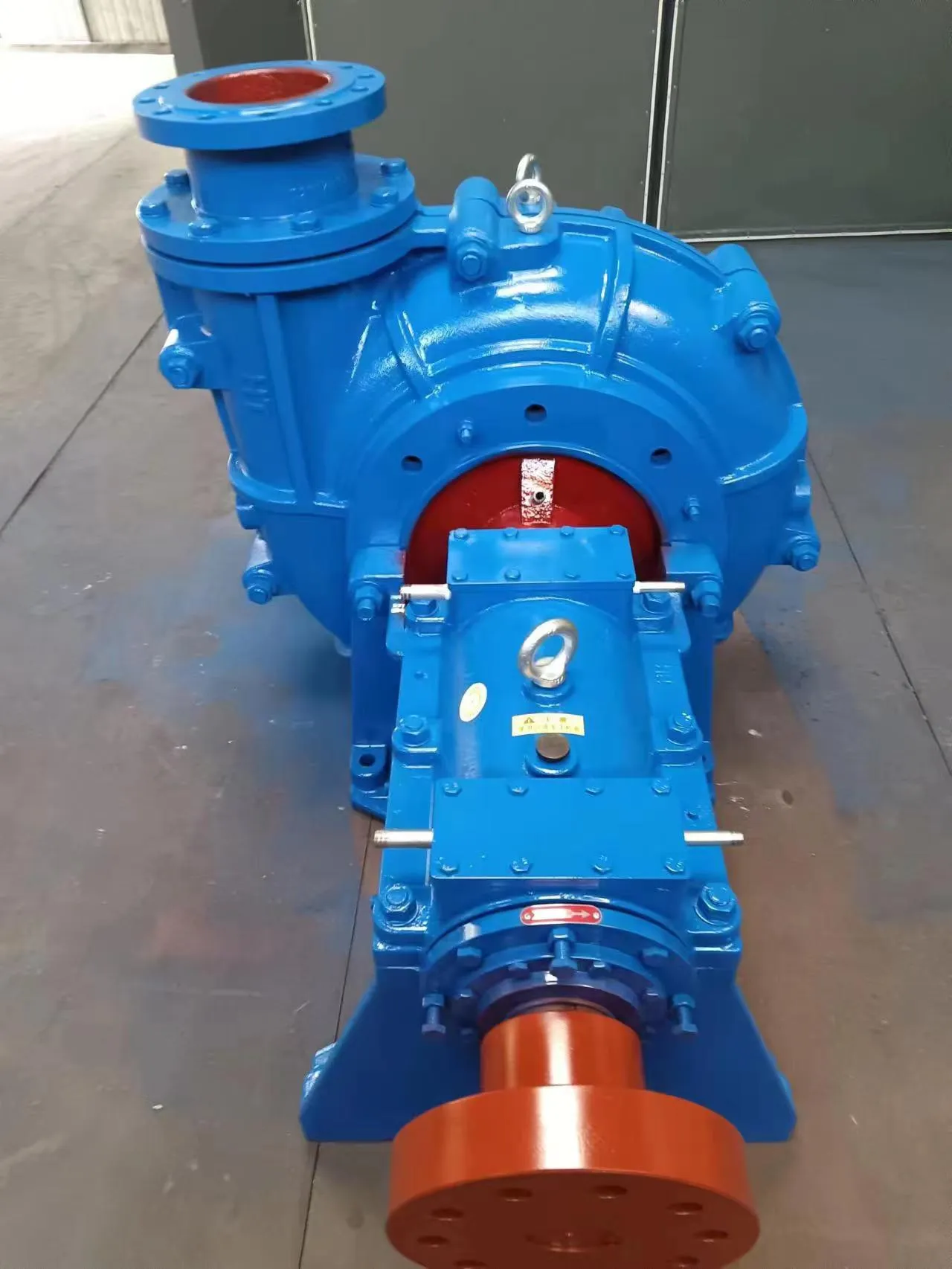English
- Afrikaans
- Albanian
- Amharic
- Arabic
- Armenian
- Azerbaijani
- Basque
- Belarusian
- Bengali
- Bosnian
- Bulgarian
- Catalan
- Cebuano
- Corsican
- Croatian
- Czech
- Danish
- Dutch
- English
- Esperanto
- Estonian
- Finnish
- French
- Frisian
- Galician
- Georgian
- German
- Greek
- Gujarati
- Haitian Creole
- hausa
- hawaiian
- Hebrew
- Hindi
- Miao
- Hungarian
- Icelandic
- igbo
- Indonesian
- irish
- Italian
- Japanese
- Javanese
- Kannada
- kazakh
- Khmer
- Rwandese
- Korean
- Kurdish
- Kyrgyz
- Lao
- Latin
- Latvian
- Lithuanian
- Luxembourgish
- Macedonian
- Malgashi
- Malay
- Malayalam
- Maltese
- Maori
- Marathi
- Mongolian
- Myanmar
- Nepali
- Norwegian
- Norwegian
- Occitan
- Pashto
- Persian
- Polish
- Portuguese
- Punjabi
- Romanian
- Russian
- Samoan
- Scottish Gaelic
- Serbian
- Sesotho
- Shona
- Sindhi
- Sinhala
- Slovak
- Slovenian
- Somali
- Spanish
- Sundanese
- Swahili
- Swedish
- Tagalog
- Tajik
- Tamil
- Tatar
- Telugu
- Thai
- Turkish
- Turkmen
- Ukrainian
- Urdu
- Uighur
- Uzbek
- Vietnamese
- Welsh
- Bantu
- Yiddish
- Yoruba
- Zulu
Telephone: +86 13120555503
Email: frank@cypump.com
Dec . 19, 2024 10:35 Back to list
high head pumps
High Head Pumps An Essential Component in Hydraulic Systems
High head pumps are specialized types of pumps designed to handle fluids at significant elevations, making them essential in various industrial applications such as water supply, irrigation, and sewage treatment. These pumps are specifically engineered to generate high pressure, enabling them to lift water or other fluids to great heights without compromising efficiency. Understanding the working principles, applications, benefits, and considerations of high head pumps can help industries optimize their fluid-handling systems.
Working Principles of High Head Pumps
The core functionality of a high head pump lies in its ability to convert mechanical energy into hydraulic energy, creating a pressure differential that moves fluids. There are primarily two types of high head pumps centrifugal and positive displacement pumps.
1. Centrifugal Pumps These pumps utilize a rotating impeller to impart kinetic energy to the fluid. As the fluid enters the pump, it moves through the impeller blades, gaining velocity. The design of the pump casing then converts this velocity into pressure, enabling the fluid to be discharged at a higher elevation. Centrifugal pumps are commonly employed in applications requiring high flow rates at moderate pressures.
2. Positive Displacement Pumps Unlike centrifugal pumps, positive displacement pumps move fluid by trapping a fixed amount and forcing it through the discharge. This mechanism allows them to achieve higher pressures, making them suitable for applications that require precise flow rates and high pressure. Positive displacement pumps can be further categorized into gear pumps, diaphragm pumps, and screw pumps, each with distinct functionalities.
Applications of High Head Pumps
High head pumps find a wide range of applications across various sectors
- Water Supply and Distribution Municipal water systems often rely on high head pumps to transport water from treatment plants to storage tanks, ensuring adequate pressure for urban distribution networks
.- Irrigation Systems In agriculture, these pumps are critical for lifting water from rivers, lakes, or underground sources to high-altitude fields, promoting efficient irrigation practices.
- Mining Industry High head pumps are essential for dewatering operations, moving water from deep mines to the surface, a key aspect of maintaining operational safety and efficiency.
high head pumps

- Wastewater Treatment In sewage and wastewater facilities, these pumps are employed to lift sewage to treatment plants, where effective management of waste is crucial for environmental protection.
Benefits of High Head Pumps
High head pumps offer numerous advantages, including
- Efficiency Designed for high pressure and flow rates, high head pumps provide efficient fluid movement, leading to lower operational costs.
- Reliability These pumps are built to withstand harsh operating conditions, ensuring durability and long service life.
- Versatility High head pumps can handle various fluids, including clean and contaminated water, making them adaptable to multiple applications.
- Energy Savings Many modern high head pumps come equipped with advanced technologies such as variable frequency drives (VFDs), which optimize energy consumption based on real-time demands.
Considerations for Selection and Maintenance
When selecting a high head pump, it is crucial to consider the specific requirements of the application, including the desired flow rate, the height to which the fluid must be lifted, and the type of fluid being pumped. Proper installation and regular maintenance are vital to ensure optimal performance and longevity of the pump. Factors such as wear and tear, fluid viscosity, and operating conditions should be regularly assessed to prevent equipment failure.
In conclusion, high head pumps play a pivotal role in modern hydraulic systems, facilitating efficient fluid transport in diverse applications. Understanding their working principles, operational benefits, and maintenance requirements can significantly enhance system performance, ensuring that industries can reliably meet their fluid handling demands. As technology continues to advance, high head pumps will undoubtedly evolve, further improving their efficiency and versatility in the ever-changing industrial landscape.
-
High-Performance Air Pumps for Sand & Gravel | Efficient Transport
NewsAug.03,2025
-
ISG Series Vertical Pipeline Pump - Chi Yuan Pumps Co., LTD.|Energy Efficiency, Corrosion Resistance
NewsAug.03,2025
-
ISG Series Pipeline Pump - Chi Yuan Pumps | Energy Efficiency&Compact Design
NewsAug.03,2025
-
ISG Series Vertical Pipeline Pump - Chi Yuan Pumps Co., LTD.|High Efficiency, Low Noise, Durable
NewsAug.02,2025
-
ISG Series Vertical Pipeline Pump - Chi Yuan Pumps | High Efficiency, Low Noise
NewsAug.02,2025
-
ISG Series Vertical Pipeline Pump- Chi Yuan Pumps Co., LTD.|High Efficiency&Compact Design
NewsAug.02,2025










